Not Every Case is the Same
Everyone with the neurological disorder, Visual Snow Syndrome (VSS), sees visual snow (VS), or static, 24/7 (with their eyes open and closed); this is the hallmark symptom of the condition. But having VSS is not the same experience for everyone. Based on a myriad of factors, VSS may affect each person’s quality of life differently. The degree of impact can range from mild to moderate to life-altering.
In addition to seeing VS, people with VSS may also experience several or all of the other visual and non-visual symptoms associated with VSS. The appearance and intensity of these symptoms, as well as the size, color, density, and/or speed of one’s visual snow/static, can vary from person-to-person.
Other considerations for case-by-case differences include (but are not limited to) one’s medical history, specifically if an individual has any other medical conditions besides VSS, and if one has experienced VSS symptoms since birth or after sudden onset. For example, researchers have reported that individuals who grew up with VSS tend to be more accustomed with it. Their cases of VSS often range from mild to moderate. People who experienced the sudden onset of VSS, understandably, tend to be startled and have a difficult time coping. Researchers have also reported VSS cases of patients who experienced the sudden onset of the condition typically present as more severe and debilitating. Additionally, the challenging nature of VSS symptoms coupled with the medical community’s historic marginalization of VSS patients can profoundly, negatively impact the mental health of those with the condition.
All of these factors can vary person-to-person, which accounts for case-by-case differences in VSS.
Learning about VSS and sharing what it is like for you, as well as realizing why others with the condition may have a different experiences and perspectives, can help establish greater understanding.
Please review the resources below for photo examples of different types of VS, a full list of factors that account for case-by-case differences in VSS, and information on study participation.
Different Types of Visual Snow
Visual Snow (VS), or seeing static 24/7 (with your eyes open and closed), is the hallmark symptom of Visual Snow Syndrome (VSS). Although the condition entails an array of both visual and non-visual symptoms as well, the primary symptom that everyone with VSS experiences is VS. Trying to see when experiencing VS is often likened to trying to see in the middle of a snowstorm or through a snow globe that has been shaken up; hence, this is how the term, Visual Snow, or VS, got its name. The condition, Visual Snow Syndrome, or VSS, is named after this primary symptom. There are different types of Visual Snow one can experience, with static ranging in appearance (color, density, speed, size, etc.) depending on the individual.
Photo examples and rationale are provided below.
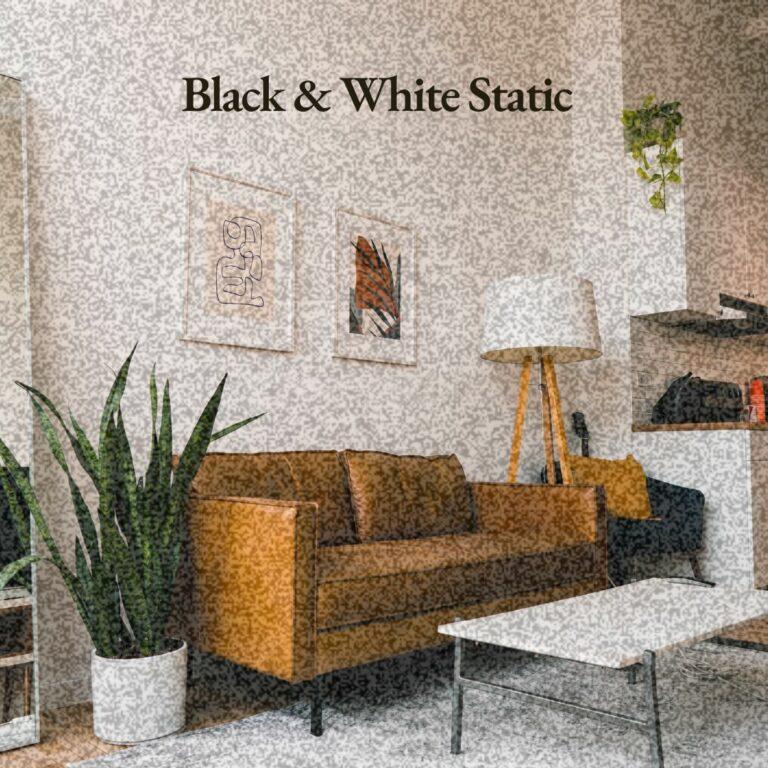

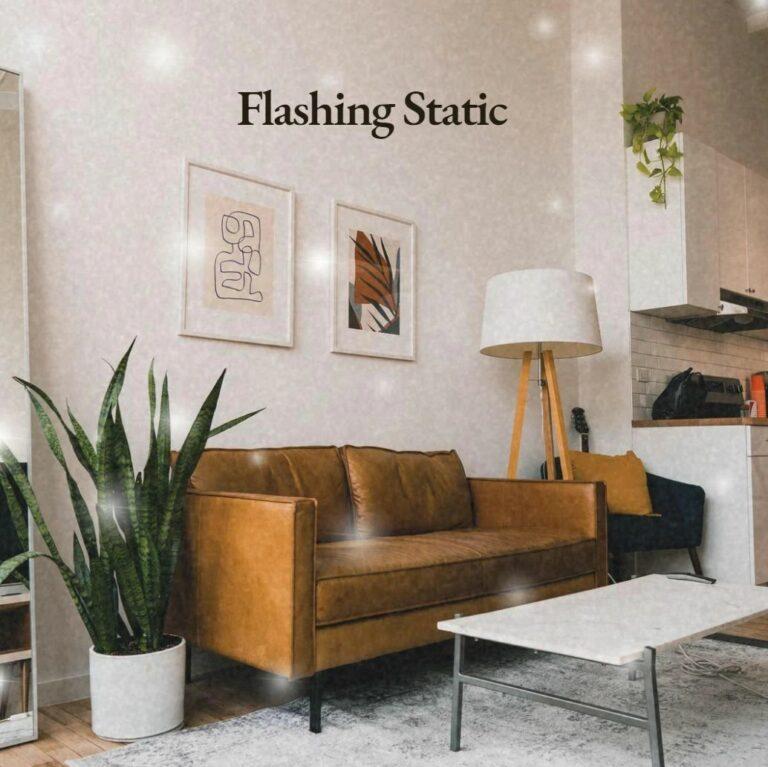
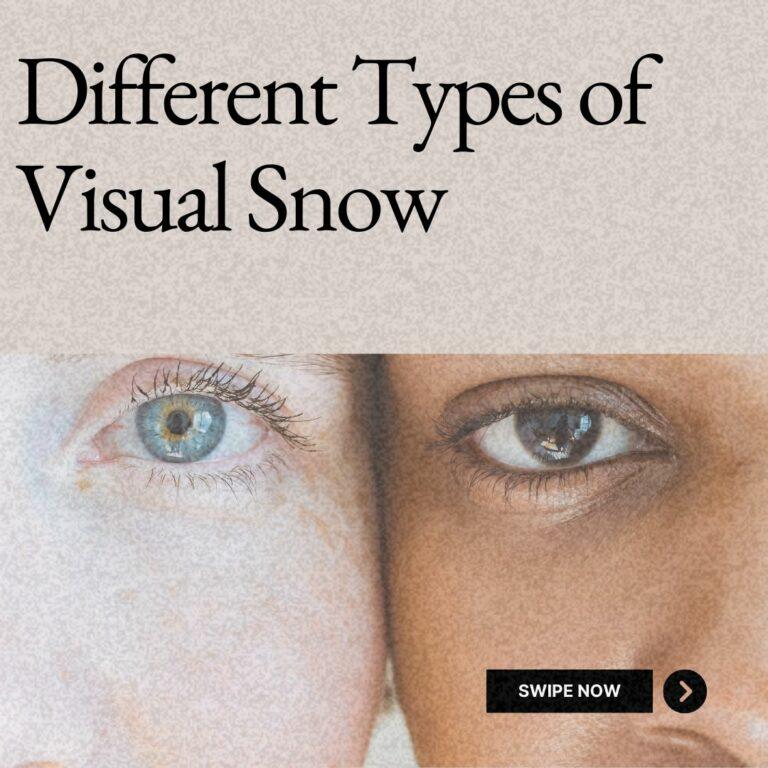




















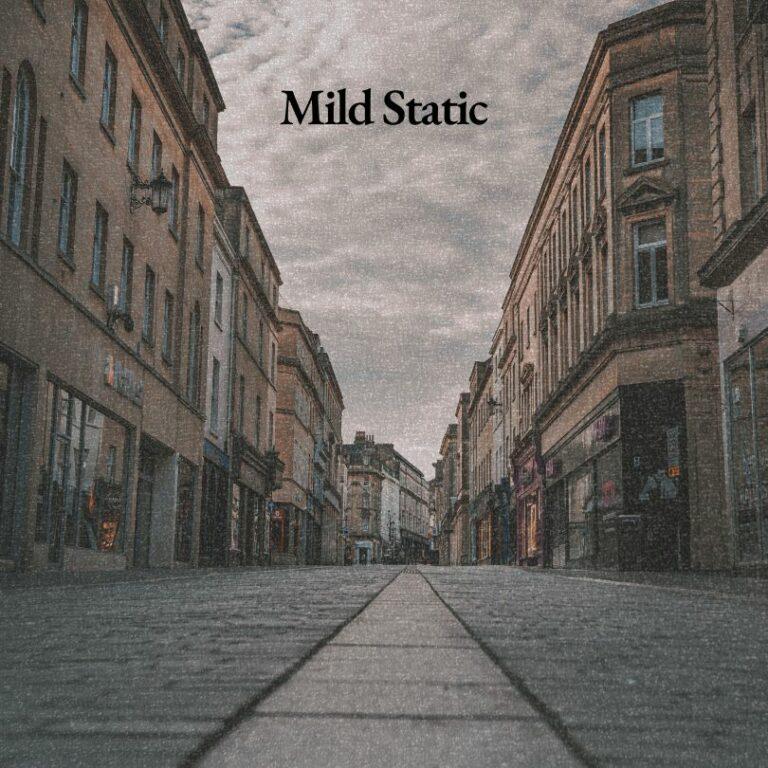
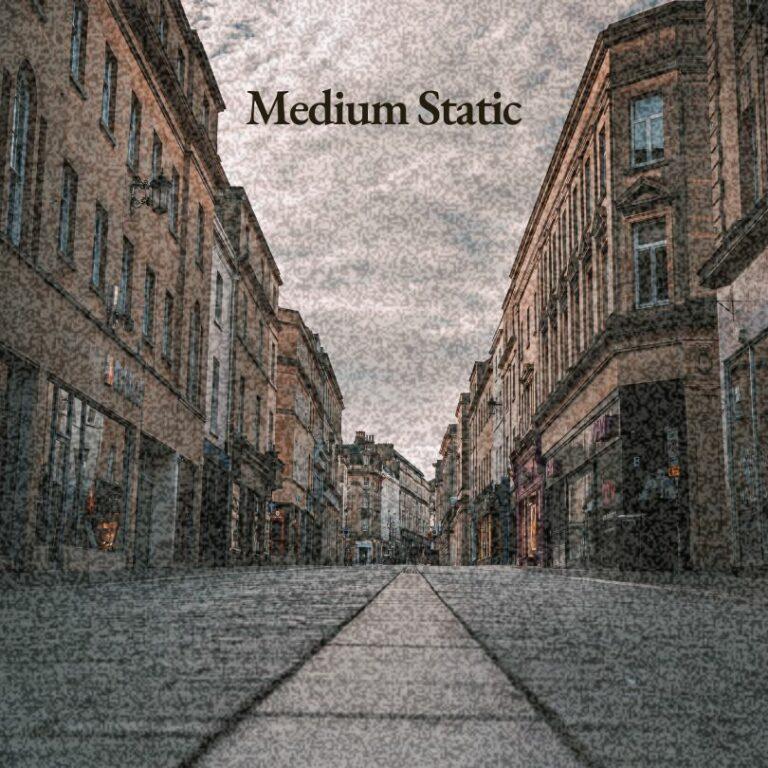
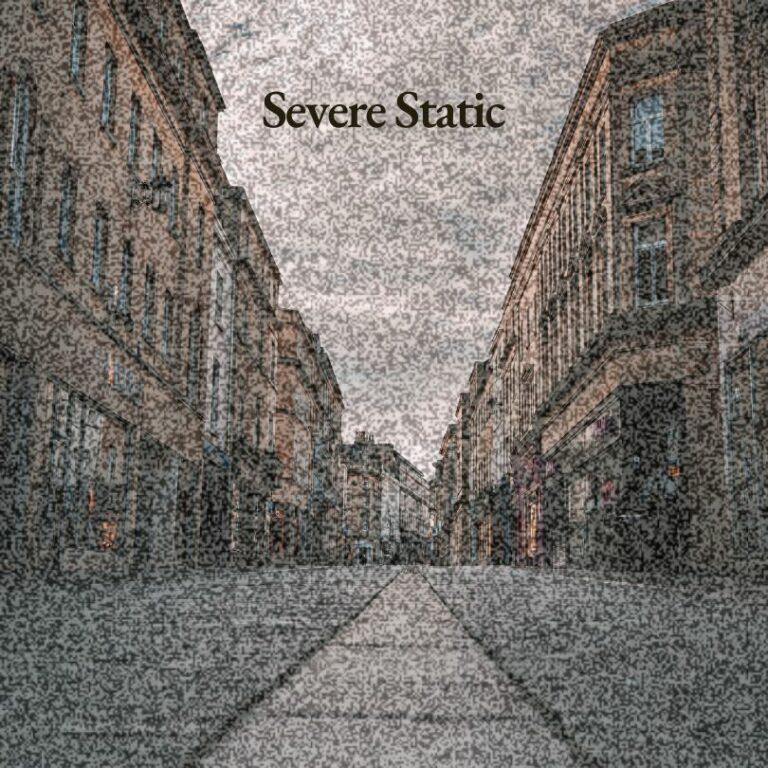
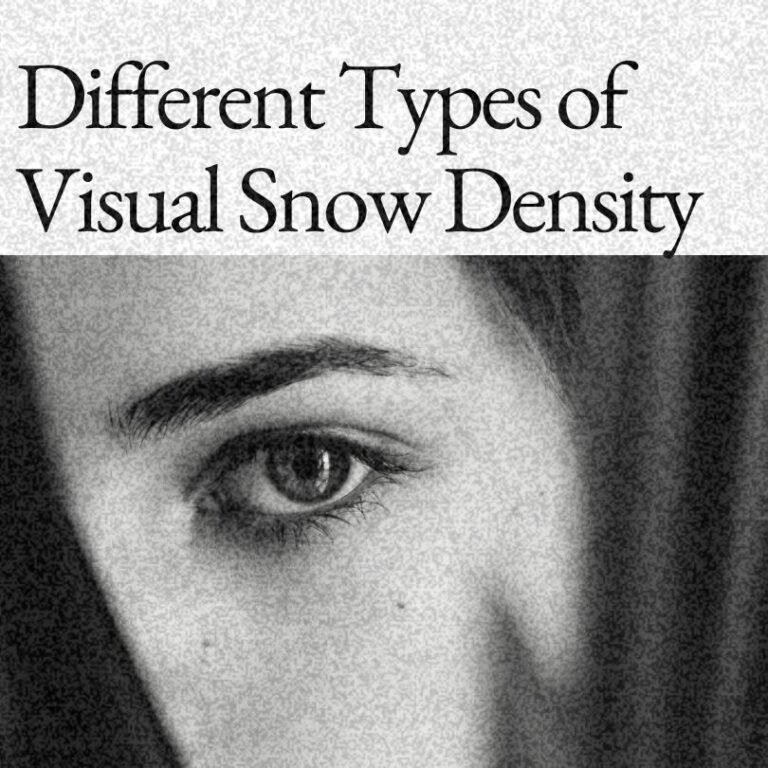







Your VSS Timeline
Considerations:
- How long have you had VSS?
- Were you born experiencing symptoms of VSS, or did you experience onset later in life?
- If you were NOT born with VSS, did you experience the spontaneous onset of VSS? (Did you get VSS out of nowhere?)
- Or were there any signs or symptoms before the onset of VSS?
- Opinion: Do you have a personal theory about what caused your VSS/how you got it?
Your VSS Symptoms
- Which symptoms of VSS do you experience?
- Have you always experienced the same symptoms?
- Have new symptoms appeared over time?
Do your symptoms fit the Diagnostic Criteria for VSS?
Different Types of Visual Snow
- Is your VS static achromatic (black, grey, or white), transparent, or chromatic (colorful)?
- If chromatic, which specific colors (blue, red, etc.)?
- Is the density of your VS static mild, moderate, or severe?
- Is the speed of your VS static fixed, slow, moderately fast, or rapid?
- Are your VS static particles tiny/pixelated, medium, or large?
- When are your symptoms most noticeable? (For example, when you first get up in the morning, trying to sleep at night, against light surfaces, etc.)
Personal Impact
- Does having VSS impact your life to a minimal, moderate, or severe degree?
- Have you made any lifestyle adjustments to adapt to your VSS? (For example, wearing tinted lenses, avoiding fluorescent lights, etc.)
- Differences in perspective and personality
- Personal theories or beliefs
- Do you have a support system? (family/friends or medical)
- Lifestyle (stress levels, physical activity, etc.)
- Have people you know or your school/job made any accommodations for your VSS?
Any VSS Triggers or Improvements
- Have your VSS symptoms gotten better, worse, or remained the same?
- What, if anything, makes your VSS worse?
- What, if anything, helps your VSS improve?
Your Medical History
- Has a medical professional diagnosed you?
- Do any members of your family also have VSS?
- Do you have any other medical conditions besides VSS?
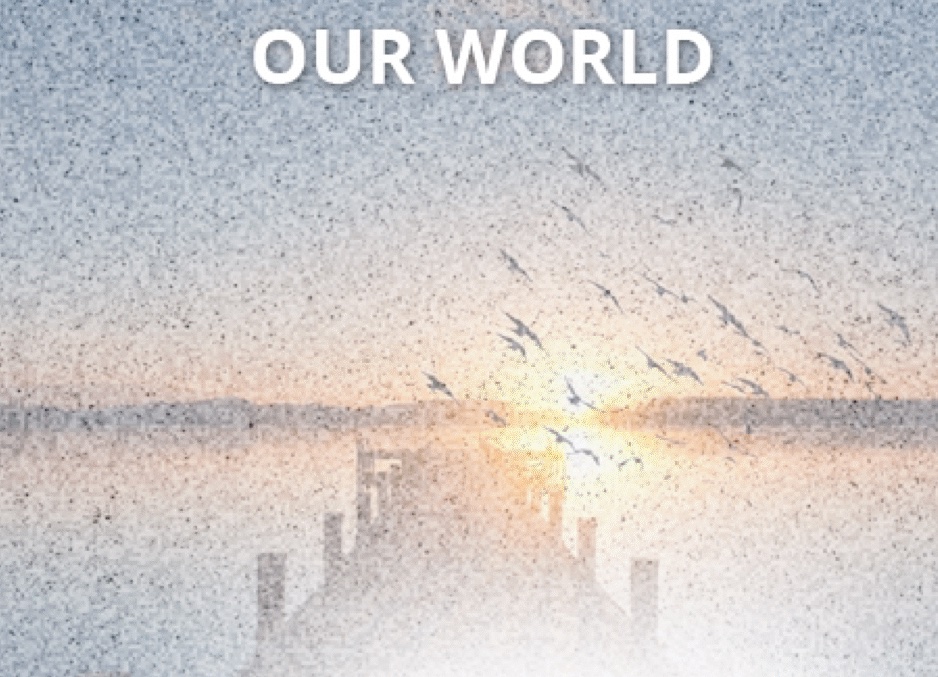

Study Participation
In addition to the following databases, we also share study participation opportunities and information on VSI-funded/supported research via our website (in the News & Research section), newsletter, and social media channels.
You can also reach out to VSS researchers if you would like to share information about your case that may be helpful to them. Many VSS researchers and medical professionals can be found in our global Physicians & Specialists Directory.
With VSI-funded/supported studies, participation opportunities will be announced through VSI, as well as any affiliated institutions or universities. Otherwise, researchers will share them via their own website and/or social media.
Note: Oftentimes, due to (privacy/legal) regulations, participants for studies must be recruited via the institution or university that the researchers are affiliated with. Patients seen by physicians and researchers in-practice or in-person are often considered favorable candidates for studies. However, there are exceptions and researchers may notify the VSS community directly when they are seeking participants for studies. They will share the eligibility requirements and which specific facets of VSS they will be exploring in their research.
Support Visual Snow Syndrome Research
All donations to the Visual Snow Initiative go directly to Visual Snow Syndrome (VSS) research.
Your tax-deductible contribution ensures that global research will continue and makes a positive difference in the lives of people affected by VSS.

